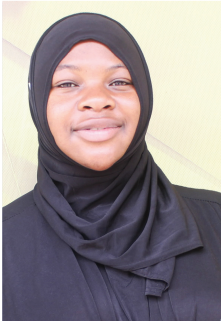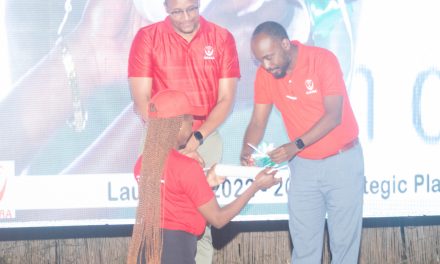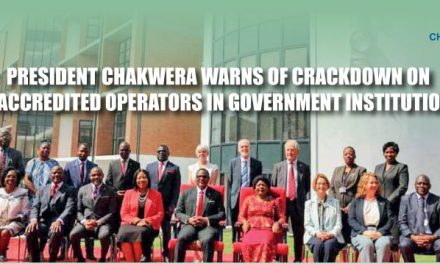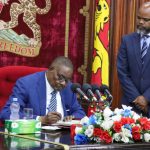
Challenges Hindering Women In Politics

Despite progress in some areas of gender equality, the active participation of women in politics in Malawi remains limited. Women in Malawi face numerous barriers that prevent them from engaging fully in the political sphere, leading to underrepresentation in decision-making processes at all levels of government.
One of the most significant obstacles to women’s political participation in Malawi is deeply entrenched cultural norms and gender stereotypes. Malawian society is predominantly patriarchal, with traditional beliefs that often place women in subordinate roles to men.
These cultural attitudes are particularly strong in rural areas, where the majority of the population lives. In these communities, women are often expected to focus on domestic responsibilities and caregiving roles, rather than pursuing leadership positions or careers in politics.
The perception that politics is a “man’s domain” is another factor that discourages many women from considering a political career. When women do express interest in politics, they often face skepticism or outright opposition from their families and communities. This social pressure reinforces the notion that women are not suitable for leadership roles, further limiting their participation in politics.
Economic challenges also play a significant role in hindering women’s political participation in Malawi. Running for political office requires financial resources, including funds for campaign activities, transportation, and other related expenses.
However, women in Malawi generally have less access to financial resources compared to men. This disparity is due to several factors, including lower levels of education, limited access to formal employment, and discriminatory practices that restrict women’s economic opportunities.
In many cases, women who are interested in running for a public office simply cannot afford the costs associated with political campaigns. This financial barrier is exacerbated by the fact that women often lack access to credit or other forms of financial support, making it difficult for them to raise the necessary funds. As a result, many qualified and capable women are unable to enter the political arena due to economic constraints.
Structural barriers within the political system itself also contribute to the underrepresentation of women in Malawian politics. Political parties in Malawi are often male-dominated, with leadership structures that do not prioritize or support the inclusion of women. Women who do attempt to enter politics may find themselves marginalized within their parties, given lower-ranking positions, or excluded from key decision-making processes.
Furthermore, women in Malawi often have limited access to information about political processes, candidates, and issues. This information gap is particularly pronounced in rural areas, where women may have little access to media or other sources of political information. Without access to accurate and timely information, women are less likely to participate in elections, whether as voters or candidates, and are less equipped to make informed political decisions.
In conclusion, addressing these challenges requires a comprehensive approach that includes changing cultural attitudes, improving women’s economic opportunities, ensuring their safety and security, and providing targeted support and education. Only through concerted efforts at all levels of society can Malawi create an environment where women can participate in politics on an equal footing with men, thereby enriching the democratic process and ensuring that all voices are heard.
































